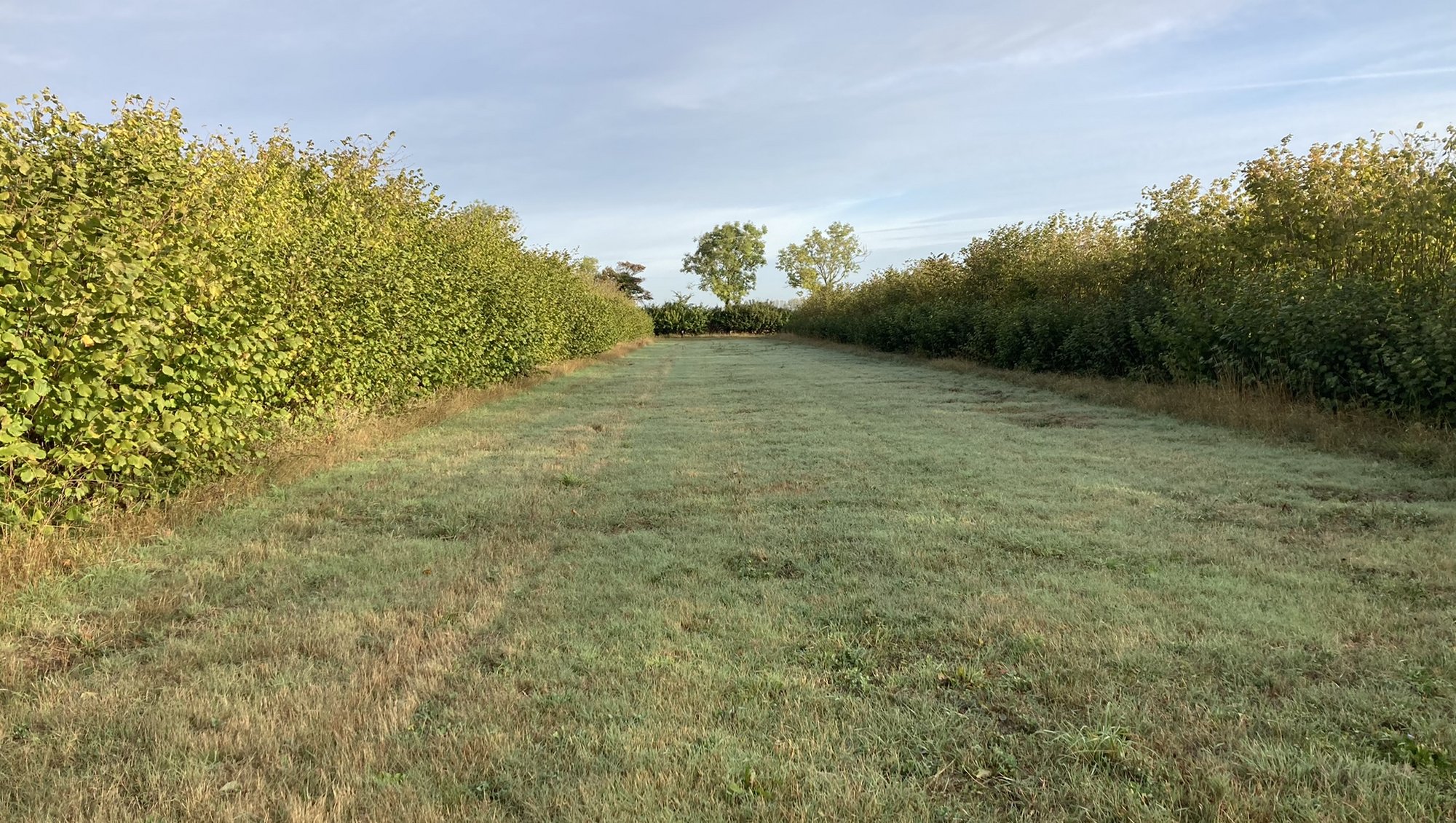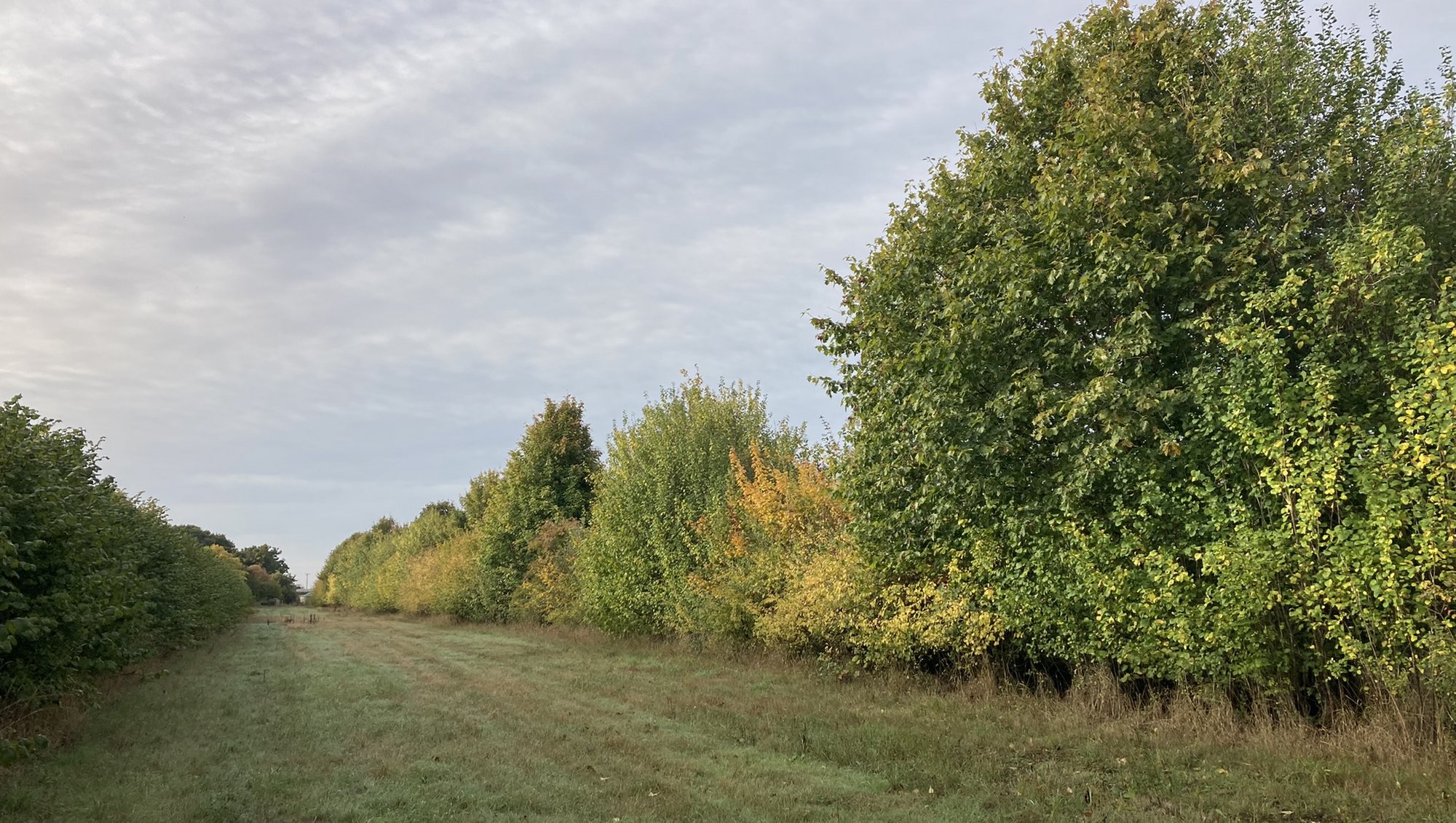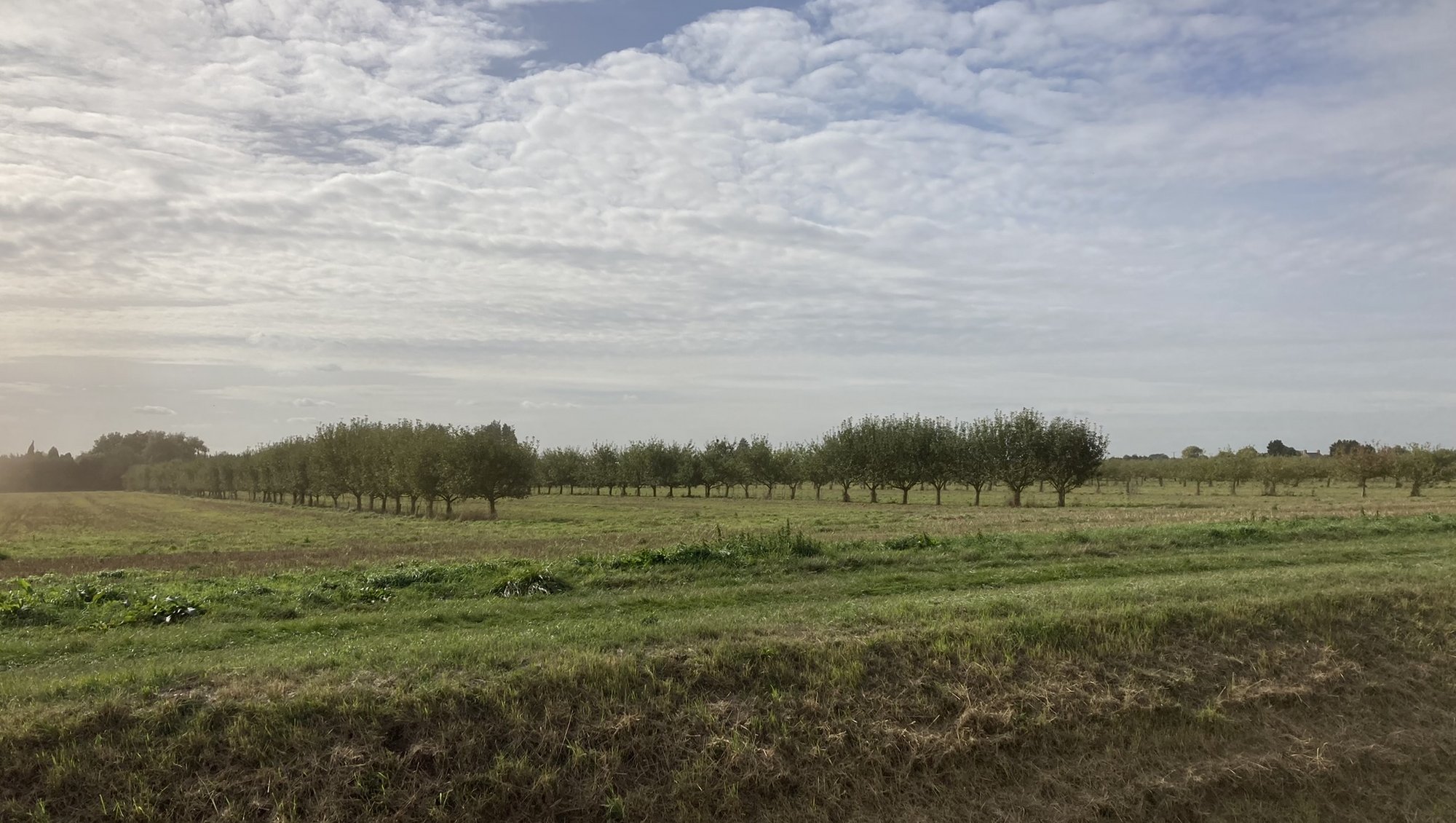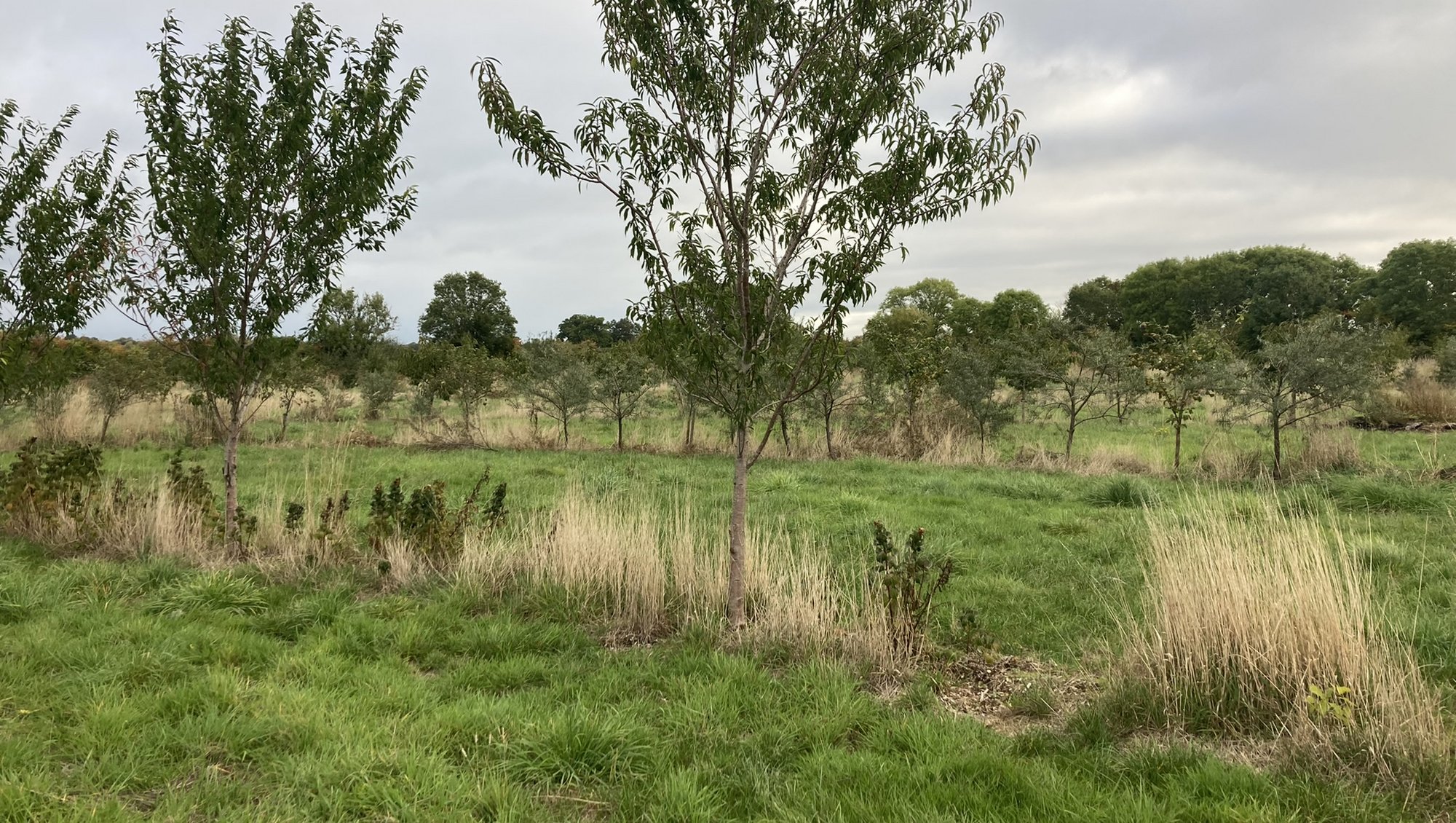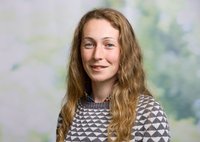BEAT
Calculating the effect of agroforestry on biodiversity and ecosystem services
The need for sustainable agricultural production is evident both nationally and internationally, as reflected in the latest common European agricultural policy. Agroforestry is recognized as a sustainable food production system both for adaptation to and mitigation of climate change and has recently been highlighted by the FAO as a tool for future food security. Agroforestry has the potential to enhance biodiversity and important ecosystem services compared to monoculture farming. However, little is known about agroforestry in a Danish context.
The purpose of BEAT
BEAT aims to assess future agricultural production systems based on parameters other than those used today, including climate and biodiversity. Agroforestry has the potential to prepare farmers and provide them with tools to achieve positive outcomes on both fronts, but this requires the development of concrete, precise, and practical methods to calculate these effects.
The project will provide research-based knowledge and instructions for assessing the impact of agroforestry in living fences on:
- biodiversity (pollinators, soil fauna, microbiology, and farmland birds) and
- ecosystem services (carbon storage, crop pollination, soil functionality, and health).
The novelty of the approach lies in exploring and evaluating how different components of biodiversity and related ecosystem services respond to agroforestry and their interconnections.
The project step by step
BEAT will:
-
examine the extent to which agroforestry affects the biodiversity of selected organisms (pollinators, soil fauna, mycorrhizal fungi, bacteria and birds) compared to monoculture agriculture
-
investigate how agroforestry affects key ecosystem services (carbon storage, pollination, soil functionality and health)
-
explore the business potential of training advisors and advising farmers
